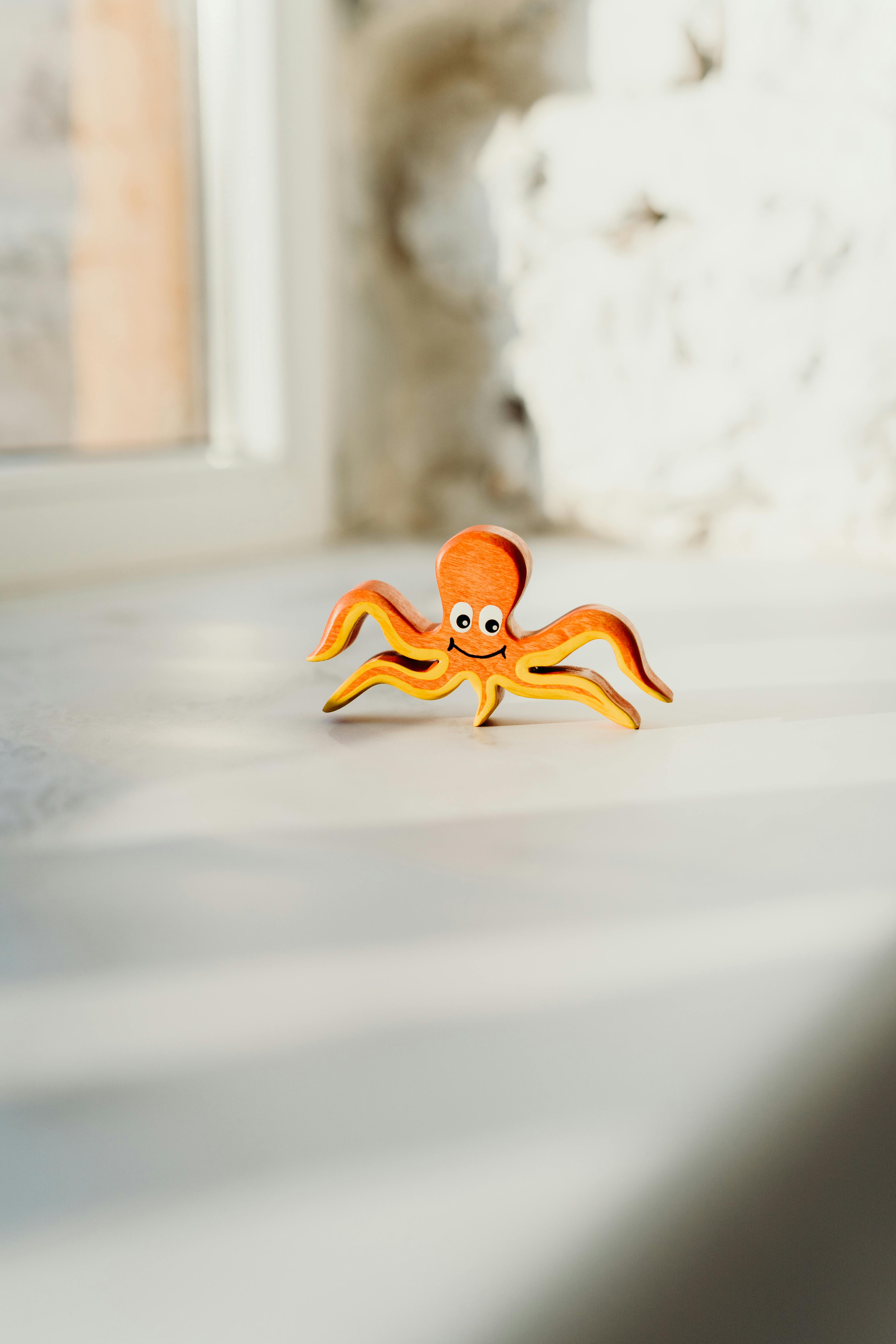Unveiling the Hidden World of Octopuses as Pets
Introduction: Venture into an underwater realm of mystery and intrigue as we dive into the prospect of keeping octopuses as pets. In this article, we delve into the fascinating world of these intelligent, adaptable, and mesmerizing creatures, exploring their unique needs, the challenges of their care, and their potential impact on the pet market.

The Octopus: A Fascinating Creature
The octopus, a cephalopod mollusk, has intrigued scientists and animal lovers for centuries with its intelligence, adaptability, and unique biology. They have been found in every ocean and have adapted to a wide range of environments, from the warm waters of the tropics to the freezing depths of the polar regions. Octopuses are known for their problem-solving skills, ability to change color and shape, and use of tools—traits that are unusual among invertebrates and have led many to consider them the most intelligent of all invertebrates.
Octopuses as Pets
As fascination with octopuses has grown, so too has interest in keeping them as pets. Several species, including the Common Octopus (Octopus vulgaris) and the Atlantic Pygmy Octopus (Octopus joubini), have become popular in the exotic pet trade. However, keeping an octopus as a pet is not a task to be taken lightly. These creatures have complex needs and require a carefully controlled environment to thrive.
The Challenges of Octopus Care
While octopuses are fascinating, their care is complex and demanding. They require a large, well-maintained aquarium with excellent water quality and plenty of hiding spots. Octopuses are also notorious escape artists, able to squeeze through tiny gaps and manipulate latches, so a secure tank is essential. Additionally, octopuses are relatively short-lived, with lifespans ranging from six months to a few years, depending on the species.
Price Range and Market Impact
Octopuses are not cheap pets. A small octopus can cost anywhere from $30 to $100, while larger or rarer species can cost several hundred dollars. The equipment necessary to create a suitable environment can also be costly. Despite this, the demand for pet octopuses has been steadily increasing, and they are becoming more common in pet stores and online.
The Ethical Considerations
While the idea of keeping an octopus as a pet is intriguing, it’s essential to consider the ethical implications. Octopuses are wild animals with complex needs that can be difficult to meet in captivity. Furthermore, many octopuses sold as pets are caught in the wild, which can have negative impacts on local populations.
In conclusion, while octopuses are fascinating creatures and the prospect of keeping one as a pet is exciting, it’s a significant commitment that requires careful consideration. As our understanding of these remarkable creatures continues to grow, it’s essential to balance our curiosity and desire for unique pets with respect for their welfare and conservation.




